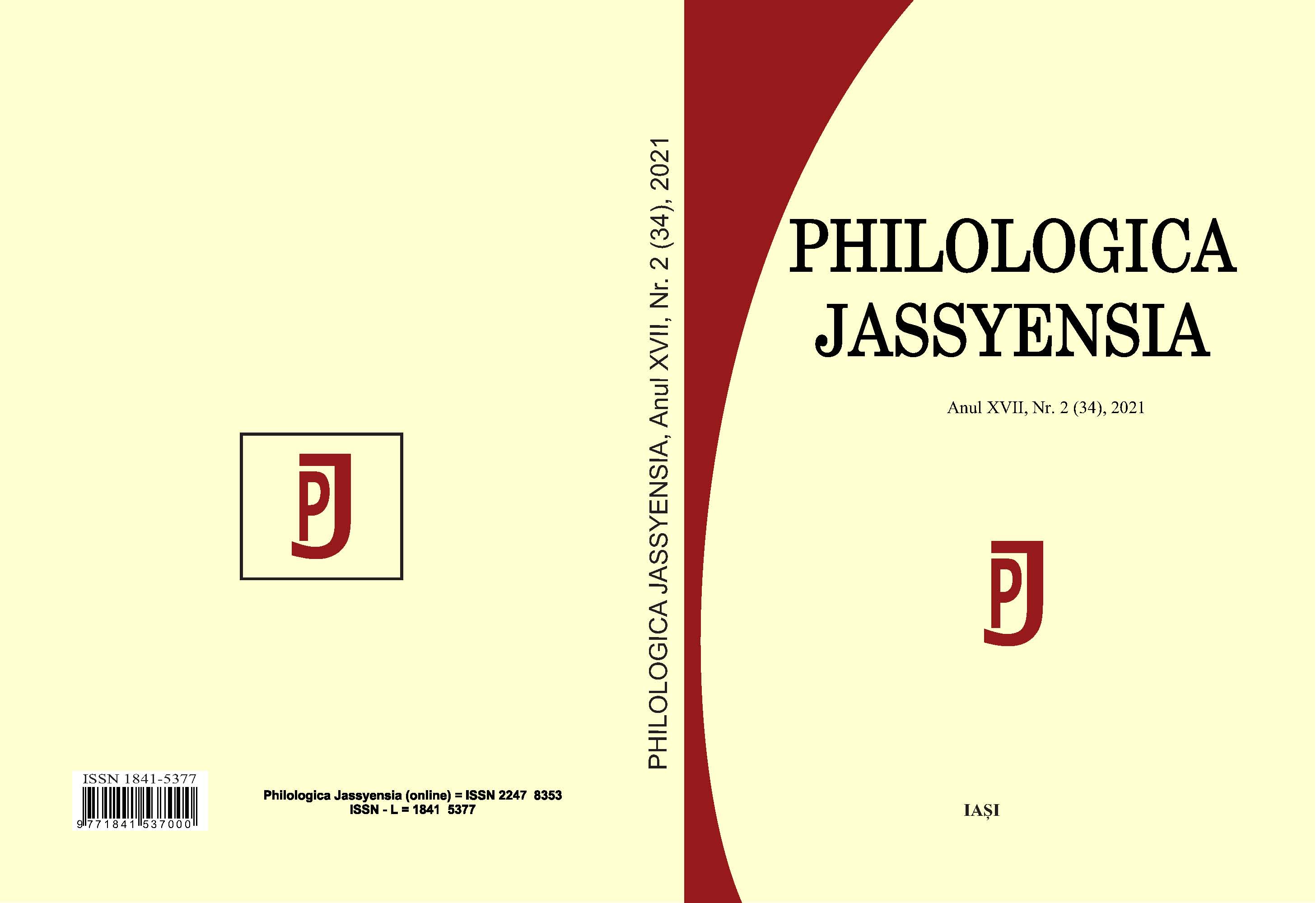Germanus versus Romanus. Kontrastierung am Beispiel der Familiennamen Nemeth – Olach – Vlah
Germanus versus Romanus. A Contrastive Study Starting from the Surnames Nemeth – Olah – Vlah
Author(s): Adina-Lucia NistorSubject(s): Historical Linguistics, Translation Studies
Published by: Editura Tracus Arte
Keywords: ethnonyms; etymology; onomastic geography (geonomastics); migration of peoples to the East and West; deutsch – welsch; németh – (o|v)láh;
Summary/Abstract: This paper, which transfers the terms Germanus – Romanus from Western to Southeastern Europe, with a particular focus on Romania and Hungary, proposes an etymological analysis of the Hungarian ethnonyms német and oláh and the Slavic ethnonym vlah while documenting their emergence in surnames from Romania and Germany. The Germans call themselves Deutsche and their language deutsch, from the Germanic *theudiska, Middle Latin theodiscus, diutiscus (meaning ‘pertaining to one’s own people’), Old German diutisk, and Middle German diut(i)sch, tiutsch. Other peoples gave them names that referred to their tribes (e.g., French allemands, Finnish saxa, Serbian bavaraci) or their behaviour (e.g., Slavic nemcy, which initially meant ‘foreigner, speaker of another language, one who does not speak Slavic, dumb’ and later also acquired the meaning of ‘German’). In order to differentiate themselves from the Romanic peoples and their languages, the Germans started using the word welsch (Old German wal(a)hisc, 11th century) to refer to anything ‘Romanic’; later on, during the 14th century, the term acquired the figurative meaning of ‘foreign, incomprehensible’. The Old German noun wal(a)h(a) (meaning ‘Roman’), Middle German walch, walhe, comes from the name of the Celtic tribe Volcae, which lived in the vicinity of the Germanic peoples (Latin Volcae, Germanic *Walhos).In Eastern Europe, the ethnic Germans colonized during the 12th century were called němici (Russian nemetz, Bulgarian němec, Albanian nemets) by the Slavic population, the word bearing the same meaning as in Western Europe, i.e., ‘foreigner, incomprehensible, barbarian, dumb’, and later ‘German’. The Romanians were named with the Slavic term vlah(u), Hungarian oláh, Transylvanian Saxon dialect Bloch, meaning ‘pertaining to the Romanic peoples and Romance languages’, which in turn is a loanword from the Germanic languages – see Old German terms wal(ah)isc (Romanic) and walhos (Roman) that reached the Slavic peoples of the Balkans through the language of the Goths.A close examination of the surnames Nemet(h), Olah, and Vlah listed in the Romanian Telephone Directories from 2009–2010 confirms their geographical spread throughout the Romanian-Hungarian border regions, as well as in Transylvania, Maramureș, Crișana, Banat, and Bucharest. The final part of the paper analyzes the corpus of the names Nemeth, Olah, and Vlah and their variants, as listed in the onomastic database of the German Surname Atlas. With the help of a special electronic program, we managed to map the names and thus obtain the geography of each of the types of names mentioned above. The map reveals that all three types of surnames are concentrated in the same regions of Germany, namely in its southern, south-western and western territories, in the heavily industrialized areas of Stuttgart, Frankfurt, Düsseldorf–Dortmund–Duisburg, Nuremberg, and Munich.To conclude, it can be stated that surnames represent a linguistic treasure that preserves states of the languages from the Middle Ages. They can also provide important information on the migration of peoples. The contrasting pair of terms Germanus versus Romanus from Western Europe, mirrored in the pairs of surnames Niemietz, Nimsch, Nemetz versus Welsch, Welscher, Wallisch has a corresponding pair of Hungarian, Romanian, Slavic and Greek names in Eastern and Southeastern Europe: Nemeth versus Olah and Vlach.
Journal: Philologica Jassyensia
- Issue Year: XII/2021
- Issue No: 2 (34)
- Page Range: 193-202
- Page Count: 10
- Language: German

